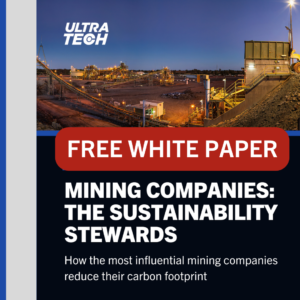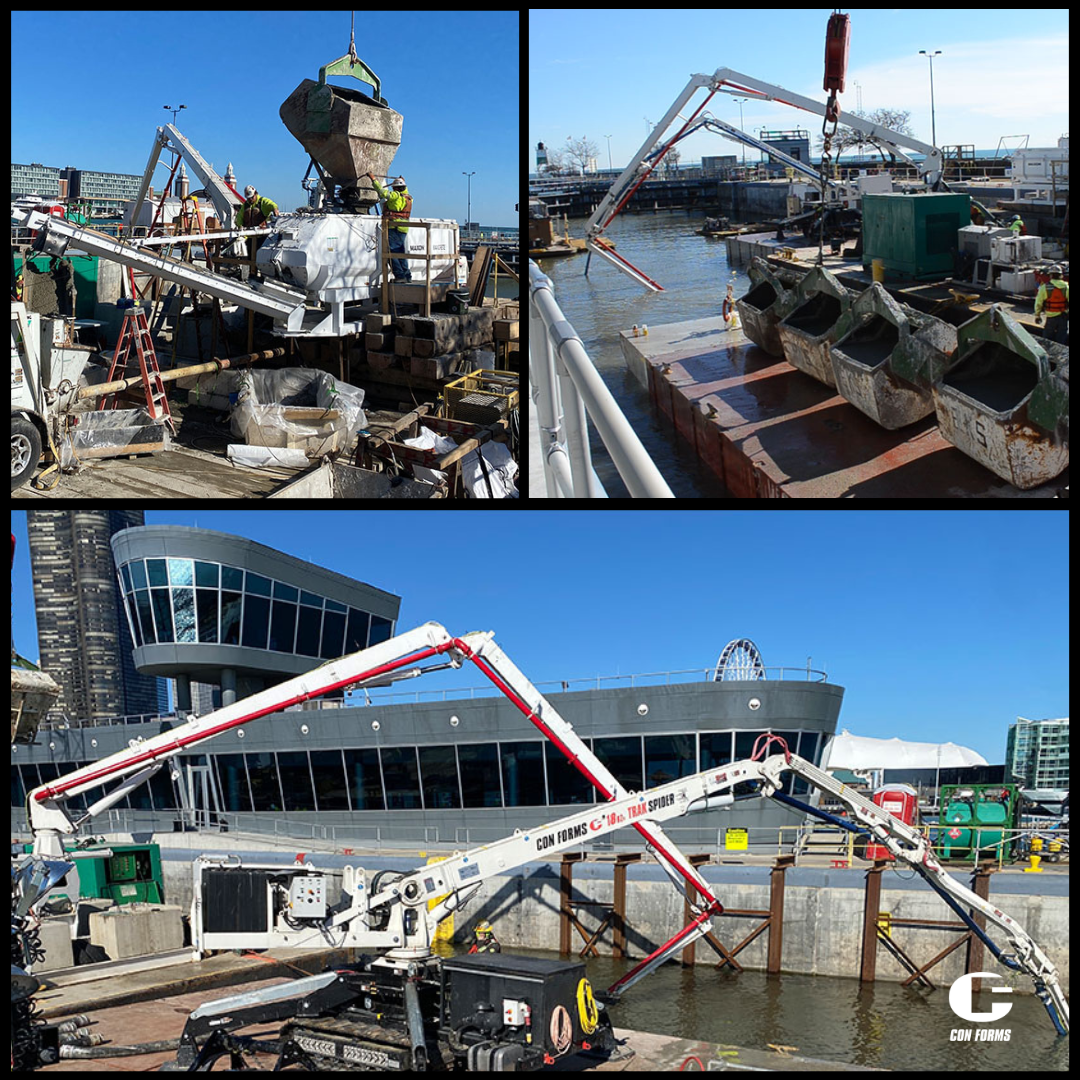How the Most Influential Mining Companies Reduce Their Carbon Footprint
Ultra Tech released a special report for mining directors on how top mining companies are committed to sustainable development and use induction-hardened (IH) steel pipe to decrease the amount of wasted materials and energy they expend by up to 80%.

PORT WASHINGTON, WI (September 13, 2023) – Ultra Tech today released a special report for mining directors entitled ‘Mining Companies: The Sustainability Stewards’, describing how the most influential mining companies reduce their carbon footprint.
As global warming continues to threaten the future of our ecosystem, some mining companies are working to combat climate change by incorporating more sustainable business practices as they work toward meeting the U.N.’s Sustainable Development Goals (SDGs) by 2030.
- Barrick (NYSE: GOLD) set a 30% GHG emissions reduction target by 2030
- Freeport-McMoRan (NYSE: FCX) set GHG emissions reduction targets of 30% per metric ton of payable copper at PT Freeport Indonesia and 15% per metric ton of copper cathode in the Americas by 2030
- Rio Tinto (OTCMKTS: RTNTF) set 50% scope 1 and 2 GHG emissions reduction targets by 2030
- Teck (NYSE: TECK) set a net zero scope 2 GHG emissions reduction target by 2025
- Vale (NYSE: VALE) set 33% scope 1 and 2 GHG emissions reduction targets by 2030
The special report examines how the most influential mining companies in the world are committed to using more durable, induction-hardened, abrasion-resistant pipe versus mild steel pipe to increase production, increase safety, and decrease the amount of wasted materials and energy they expend in order to do their jobs.
Mining companies that use induction-hardened, carbon steel versus mild steel pipe can slash their piping-related carbon footprint by up to 80% while getting more uptime and production reliability. This is because mild steel uses fives times more kWh than hardened steel over 10 years due to additional pipe removal, shipping, replacement, and recycling.
The white paper covers:
- Why leading mines are committed to sustainable development
- Hurdles facing the mining industry on the road to sustainable development
- An industry sustainability SWOT analysis and comparison of SDGs by company
- A case study showcasing how one company used induction-hardened steel to reduce CO2 emissions by 9,631 tons, the equivalent to: saving GHG emissions from 24.7M miles driven by an average gasoline-powered passenger vehicle, saving carbon emissions from 1.2B smartphones charged, or avoiding GHG emissions from 416,884 trash bags of waste recycled instead of landfilled.
The report can be downloaded for free.



